#cumann na saoirse
Text
#OTD in 1922 – Cumann na mBan votes overwhelmingly to reject the Treaty.
On 7 January 1922 the Anglo-Irish Treaty was approved by the Second Dáil by a close vote of 64–57. On 5 February a convention was held to discuss this, and 419 Cumann na mBan members voted against as opposed to 63 in favour. In the ensuing Civil War, its members largely supported the anti-Treaty Republican forces. Over 400 of its members were imprisoned by the forces of the Provisional government…

View On WordPress
#1916 Easter Rising#Anglo-Irish Treaty#Clann na Poblachta#Cumann na mBan#Cumann na Saoirse#Dáil Eireann#Fianna Eireann#Fianna Fáil#History#History of Ireland#Irish Civil War#Irish Free State#Irish History#Irish Republican Army#Irish War of Independence#Kilmainham Gaol#Máire Comerford#Second Dail#Sinn Fein
8 notes
·
View notes
Text
Cumann na mBan and the Irish Civil War
Despite the many challenges facing them, women were not passive observers of the Irish War of Independence or the Irish Civil War. Many women joined Cumann na mBan, a nationalist organization that worked closely with Sinn Fein and the IRA to achieve an independent Ireland. Cumann na mBan would be the first organization to reject the treaty and provide the anti-treaty side with its iron and…
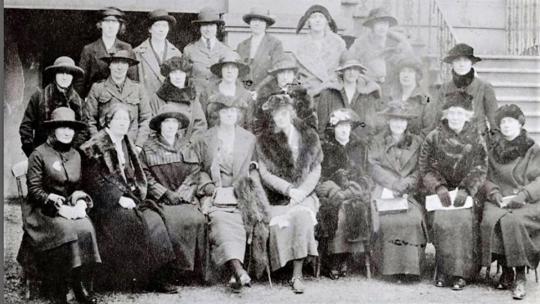
View On WordPress
#Constance Markievicz#Cumann na mBan#cumann na saoirse#IRA#Ireland#irish civil war#Irish Republican Army#Irish War of Independence 1919-1921#Irish women#Mary MacSwiney
1 note
·
View note
Text
Rules: Gender Nouns
Masculine words
Definite article beginning with a consonant: no change (an pobal)
Definite article beginning with a vowel: t-prefix (an t-uisce)
Adjectives: no change (fear bocht)
Genitive case: noun, an, then second noun with séimhiú and, in most cases, a slightly different spelling (Oifig an Phoist)
Note:
Certain words do not change in the genitive case (lána bus)
Certain phrases do not have an in the middle (cúirt leadóige)
Feminine words
Definite articles beginning with consonants: séimhiú (an chistin)
Definite article beginning with a vowel: no change (an oifig)
Definite articles beginning with s: t-prefix (an tseachtain)
Adjectives: séimhiú (beoir fhuar)
Genitive case: noun, na, then second noun with, in most cases, a slightly different spelling (Cumann na mBan)
Further reading: The Article in the Genitive
Note:
Certain words do not change in the genitive case (Cogadh na Saoirse)
Certain phrases do not have na in the middle (mála scoile)
The most common exception to these rules are words beginning with D, N, T, L, or S. If these letters are next to each other in a sentence, the second word doesn’t get a séimhiú.
Also, t-prefixes only apply to the definite article, and not when it is in the genitive or with a preposition. (chonaic mé an t-iriseoir but ar an iriseoir; obair an iriseora)
However, with attribute adjectives, we have an exception to the exception: an bhean dheas is correct.
Identifying Genders
Try it
Translate these:
1. The game
2. The woman
3. Nightfall
Hover below for answers
1. An cluiche
2. An bhean
3. Titim na hoíche / teacht na hoíche
#firinscneach agus baininscneach#gramadach#séimhiú agus urú#inscne#buneolas inscne#cleachtadh#idirghníomhach#réimíreanna#buneolas#séimhiú-agus-urú#firinscneach-agus-baininscneach
0 notes
Text
Rules: Gender Nouns
Masculine words
Definite article beginning with a consonant: no change (an pobal)
Definite article beginning with a vowel: t-prefix (an t-uisce)
Adjectives: no change (fear bocht)
Genitive case: noun, an, then second noun with séimhiú and, in most cases, a slightly different spelling (Oifig an Phoist)
Note:
Certain words do not change in the genitive case (lána bus)
Certain phrases do not have an in the middle (cúirt leadóige)
Feminine words
Definite articles beginning with consonants: séimhiú (an chistin)
Definite article beginning with a vowel: no change (an oifig)
Definite articles beginning with s: t-prefix (an tseachtain)
Adjectives: séimhiú (beoir fhuar)
Genitive case: noun, na, then second noun with, in most cases, a slightly different spelling (Cumann na mBan)
Further reading: The Article in the Genitive
Note:
Certain words do not change in the genitive case (Cogadh na Saoirse)
Certain phrases do not have na in the middle (mála scoile)
The most common exception to these rules are words beginning with D, N, T, L, or S. If these letters are next to each other in a sentence, the second word doesn’t get a séimhiú.
Also, t-prefixes only apply to the definite article, and not when it is in the genitive or with a preposition. (chonaic mé an t-iriseoir but ar an iriseoir; obair an iriseora)
However, with attribute adjectives, we have an exception to the exception: an bhean dheas is correct.
Identifying Genders
Try it
Translate these:
1. The game
2. The woman
3. Nightfall
Hover below for answers
1. An cluiche
2. An bhean
3. Titim na hoíche / teacht na hoíche
#firinscneach agus baininscneach#gramadach#séimhiú agus urú#inscne#buneolas inscne#cleachtadh#idirghníomhach#réimíreanna#buneolas
0 notes
Photo

Cumann na mBan (Irishwomen's Council) were a paramilitary organisation founded in 1914 to act as auxiliaries to the Irish Volunteers. As the Ulster Covenant had had the Women's Declaration, and the Third Home Rule Bill was going through Westminster at the time, the response was to expand across the sexes, and indeed the classes, to oppose Ulster Unionism. Many members were involved in the 1916 Rising, and 70 were arrested on charges of insurrection. Activity continued through the Anglo-Irish War under the leadership of Countess Constance Markievicz.
Later, those who opposed the Treaty of 1921 renamed a branch of the Council Cumann na Saoirse.
117 notes
·
View notes
Text
#OTD in 1941 – Jennie Wyse Power, Irish patriot and women’s rights activist, dies in Dublin.
Jennie Wyse Power, born Jane O’Toole, in Baltinglass, Co Wicklow in 1858. In the 1880s she joined the Ladies Land League and found herself immersed in their activities during the Land War. She would compile lists of those evicted from their homes and she also organised the Land League in Wicklow and Carlow. In 1883 she married John Wyse Power, a journalist who shared her political beliefs; he was…

View On WordPress
#1916 Easter Rising#Anglo-Irish Treaty#Baltinglass#Co. Wicklow#Cumann na mBan#Cumann na Saoirse#Dublin#Inghinidhe na hEireann#IRB#Ireland#Irish Civil War#Irish War of Independence#Jane O&039;Toole#Jennie Wise Power#John Wyse Power#Ladies Land League#Sinn Fein
6 notes
·
View notes
Text
#OTD in 1969 – Death of Irish language educator, Louise Gavan Duffy, in Dublin.
Best known for her involvement in nationalist politics, the Gaelic revival, and the women’s suffrage movement in Ireland, Louise Gavan Duffy joined Cumann na mBan on its foundation in 1914 and was made joint secretary.
Louise Gavan Duffy was writing her MA thesis at her lodgings on Haddington Road when she heard the 1916 Easter Rising had begun. She made her way across the city to the GPO in…

View On WordPress
#1916 Easter Rising#Cumann na mBan#Cumann na Saoirse#Glasnevin Cemetery#History of Ireland#Ireland#Irish History#Louise Gavan Duffy#Michael Collins#UCD
5 notes
·
View notes
Text
#OTD in 1941 – Jennie Wyse Power, Irish patriot and women’s rights activist, dies in Dublin.
#OTD in 1941 – Jennie Wyse Power, Irish patriot and women’s rights activist, dies in Dublin.
Jennie Wyse Power, born Jane O’Toole, in Baltinglass, Co Wicklow in 1858. In the 1880s she joined the Ladies Land League and found herself immersed in their activities during the Land War. She would compile lists of those evicted from their homes and she also organised the Land League in Wicklow and Carlow. In 1883 she married John Wyse Power, a journalist who shared her political beliefs; he was…

View On WordPress
#1916 Easter Rising#Anglo-Irish Treaty#Baltinglass#Co. Wicklow#Cumann na mBan#Cumann na Saoirse#Dublin#Inghinidhe na hEireann#IRB#Ireland#Irish Civil War#Irish War of Independence#Jane O&039;Toole#Jennie Wise Power#John Wyse Power#Ladies Land League#Sinn Fein
11 notes
·
View notes
Text
#OTD in 1884 – Louise Gavan Duffy, teacher and revolutionary, is born in Nice, France.
Best known for her involvement in nationalist politics, the Gaelic revival, and the women’s suffrage movement in Ireland, Louise Gavan Duffy joined Cumann na mBan on its foundation in 1914 and was made joint secretary.
Louise Gavan Duffy was writing her MA thesis at her lodgings on Haddington Road when she heard the 1916 Easter Rising had begun. She made her way across the city to the GPO in…
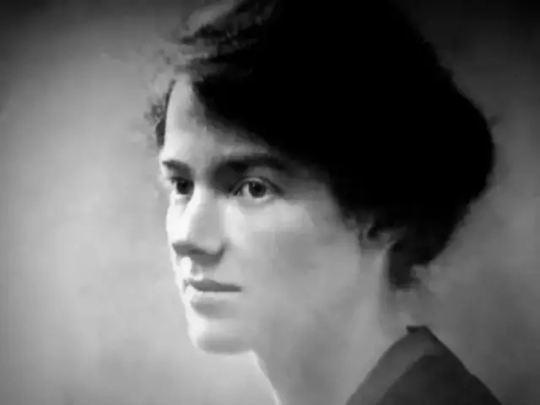
View On WordPress
#1916 Easter Rising#An Post#Bureau of Military History#Cumann na mBan#Cumann na Saoirse#France#Glasnevin Cemetery#Louise Gavan Duffy#Michael Collins#RTÉ#Scoil Bhríde#Sir Charles Gavan Duffy#UCD
3 notes
·
View notes
Text
#OTD in 1929 – Death of historian and nationalist, Alice Stopford Green, in Dublin.
#OTD in 1929 – Death of historian and nationalist, Alice Stopford Green, in Dublin.
Born Alice Sophia Amelia Stopford in Kells, Co Meath, she lived in London where she met the historian John Richard Green. They were married in Chester on 14 June 1877. He died in 1883. John Morley published her first historical work Henry II in 1888.
In the 1890s she became interested in Irish history and the nationalist movement as a result of her friendship with John Francis Taylor. She was…
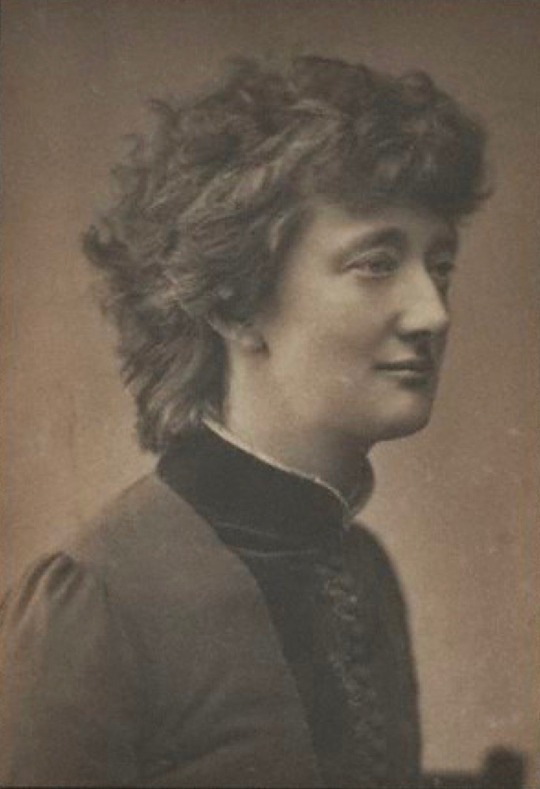
View On WordPress
#Alice Stopford Green#Anglo-Irish Treaty#Asgard#Co Meath#Cumann na nGael#Cumann na Saoirse#Kells#League of Freedom#Protestant#Roger Casement#St Stephen’s Green#The Howth Gun Running#The Making of Ireland#Ulster
7 notes
·
View notes
Text
#OTD in 1858 – Birth of activist, feminist, politician and businesswoman, Jennie Wyse Power, in Baltinglass, Co Wicklow.
#OTD in 1858 – Birth of activist, feminist, politician and businesswoman, Jennie Wyse Power, in Baltinglass, Co Wicklow.
Jennie Wyse Power, born Jane O’Toole, in Baltinglass, Co Wicklow in 1858. In the 1880s she joined the Ladies Land League and found herself immersed in their activities during the Land War. She would compile lists of those evicted from their homes and also she organised the Land League in Wicklow and Carlow. In 1883 she married John Wyse Power, a journalist who shared her political beliefs; he was…
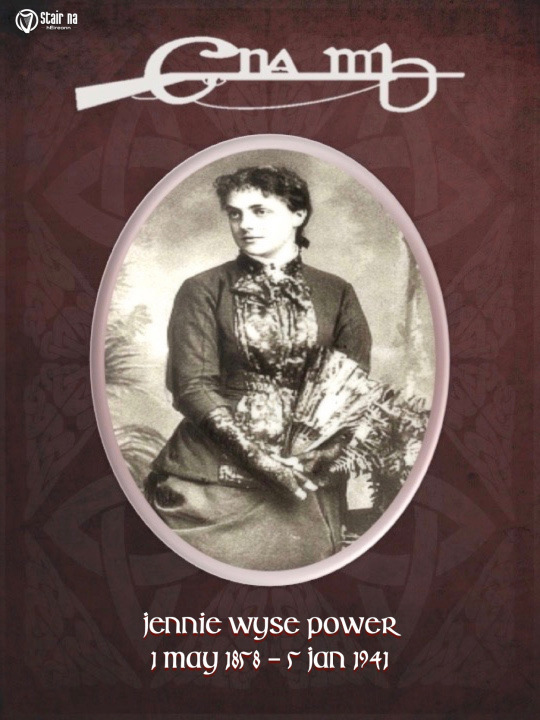
View On WordPress
#1916 Easter Rising#Anglo-Irish Treaty#Baltinglass#Co. Wicklow#Cumann na mBan#Cumann na Saoirse#Dublin#Inghinidhe na hEireann#IRB#Ireland#Irish Civil War#Irish War of Independence#Jane O&039;Toole#Jennie Wise Power#John Wyse Power#Ladies Land League#Sinn Fein
8 notes
·
View notes
Text
#OTD in 1969 – Death of Irish language educator, Louise Gavan Duffy, in Dublin.
#OTD in 1969 – Death of Irish language educator, Louise Gavan Duffy, in Dublin.
Best known for her involvement in nationalist politics, the Gaelic revival, and the women’s suffrage movement in Ireland, Louise Gavan Duffy joined Cumann na mBan on its foundation in 1914 and was made joint secretary.
Louise Gavan Duffy was writing her MA thesis at her lodgings on Haddington Road when she heard the 1916 Easter Rising had begun. She made her way across the city to the GPO in…

View On WordPress
#1916 Easter Rising#Cumann na mBan#Cumann na Saoirse#Glasnevin Cemetery#History of Ireland#Ireland#Irish History#Louise Gavan Duffy#Michael Collins#UCD
6 notes
·
View notes
Text
#OTD in 1884 – Louise Gavan Duffy, teacher and revolutionary, is born in Nice, France.
#OTD in 1884 – Louise Gavan Duffy, teacher and revolutionary, is born in Nice, France.
Best known for her involvement in nationalist politics, the Gaelic revival, and the women’s suffrage movement in Ireland, Louise Gavan Duffy joined Cumann na mBan on its foundation in 1914 and was made joint secretary.
Louise Gavan Duffy was writing her MA thesis at her lodgings on Haddington Road when she heard the 1916 Easter Rising had begun. She made her way across the city to the GPO in…
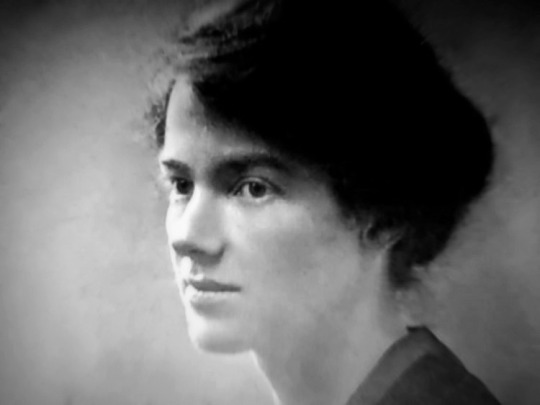
View On WordPress
#1916 Easter Rising#An Post#Bureau of Military History#Cumann na mBan#Cumann na Saoirse#France#Glasnevin Cemetery#Louise Gavan Duffy#Michael Collins#RTÉ#Scoil Bhríde#Sir Charles Gavan Duffy#UCD
6 notes
·
View notes
Text
#OTD in 1982 – Five men charged with conspiring to smuggle arms to the IRA in 1981 were acquitted in Federal Court in Brooklyn, NY.
Five men charged with conspiring to export arms to the Irish Republican Army were acquitted in Federal Court in Brooklyn, NY, apparently because a jury believed defence contentions that the Central Intelligence Agency had sanctioned their gun-running operation.
No evidence directly linking the CIA to the operation was offered at the seven-week trial, and denials of involvement by the agency were…

View On WordPress
#Arms exporting#Brooklyn#CIA#Cumann na Saoirse Naisiunta#Flushing#IRA#Ireland#Irish Northern Aid Committee#Mount St Mary&039;s Cemetery#New York#Noraid#NY#Provos#Republicans#Tipperary#United States
8 notes
·
View notes
Text
#OTD in 1994 – Death of Irish patriot, Michael Flannery, in New York City.
The fight of the Irish against the British was the great theme of Mr. Flannery’s life. As a boy of 14 in Ireland, he joined the Irish Volunteers and learned to fire a machine gun behind a monastery cloister. In 1970, after 43 years in the United States, he was one of the founders of the Irish Northern Aid Committee, which says it is a charitable organisation for the children of British political…
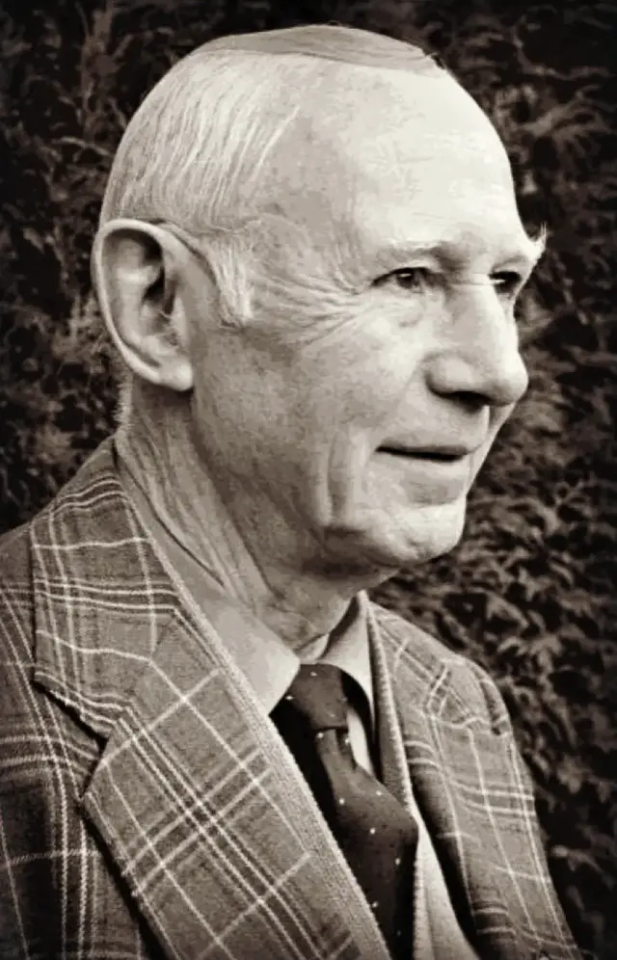
View On WordPress
#1916 Easter Rising#British Occupation#Clan Na Gael#Co. Tipperary#Cumann na Saoirse Naisiunta#England#Gaelic Athletic Association#Grand Marshall#Gun-running#History of Ireland#IRA#Irish History#Irish Volunteer#Michael Flannery#New York St. Patrick&039;s Day Parade#North of Ireland#Northern Ireland#Tipperary Men&039;s Association#United Ireland
6 notes
·
View notes
Text
#OTD in 1982 – Five men charged with conspiring to smuggle arms to the IRA in 1981 were acquitted in Federal Court in Brooklyn, NY.
#OTD in 1982 – Five men charged with conspiring to smuggle arms to the IRA in 1981 were acquitted in Federal Court in Brooklyn, NY.
Five men charged with conspiring to export arms to the Irish Republican Army were acquitted in Federal Court in Brooklyn, NY, apparently because a jury believed defence contentions that the Central Intelligence Agency had sanctioned their gun-running operation.
No evidence directly linking the CIA to the operation was offered at the seven-week trial, and denials of involvement by the agency were…
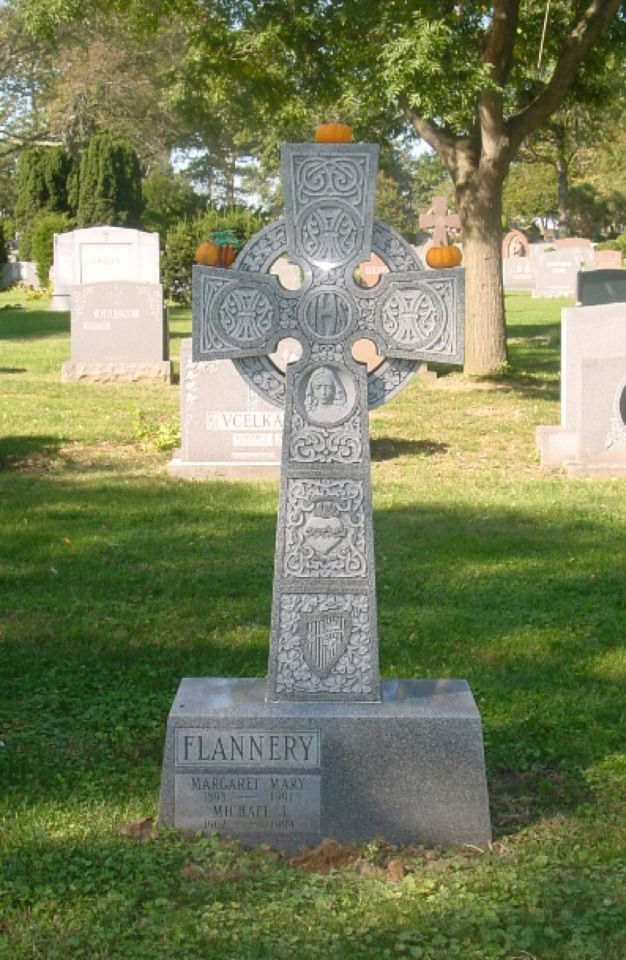
View On WordPress
#Arms exporting#Brooklyn#CIA#Cumann na Saoirse Naisiunta#Flushing#IRA#Ireland#Irish Northern Aid Committee#Mount St Mary&039;s Cemetery#New York#Noraid#NY#Provos#Republicans#Tipperary#United States
9 notes
·
View notes